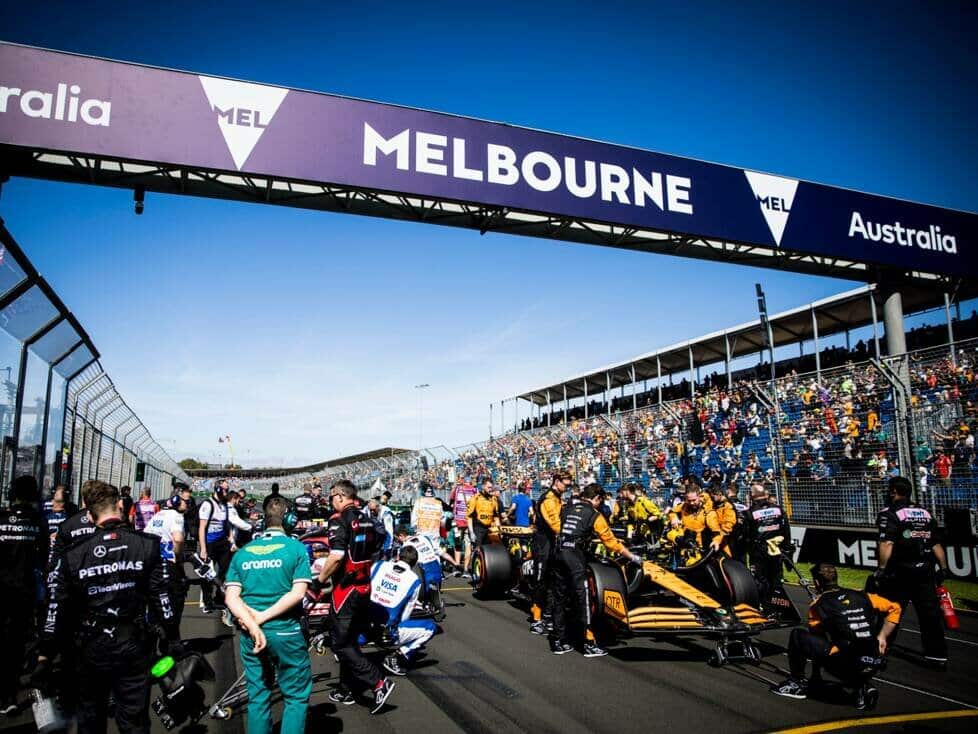From 2026, the cost cap in Formula 1 will also be revised – but there is resentment, including over the inclusion of maternity leave
Discussions have begun on how the cost cap will fit into the overall picture as part of the ongoing efforts to reach a new Concorde Agreement, documents for which were recently distributed to the teams
The current system, with a cap of 135 million dollars and running until 2026, seems to have proved its worth despite the controversy surrounding Red Bull’s overspend in 2021. However, there have been discussions about what is covered by the system. Williams, for example, successfully lobbied for an increase in the investment caps for the less powerful teams.
As part of the talks on the new Concorde Agreement for 2026, there is likely to be a revised approach in which, in return for increasing the overall limit to 220 million dollars, more will be included in the scope of the cost cap and the list of exceptions will be reduced, so to speak.
For example, some of the external capital expenditure will be removed and included in the overall cost cap to allow teams to make investments when they feel like it.
However, Motorsport.com has learned that one of the main annoyances of the initial proposal to cap costs from 2026 is that some previous exemptions relating to personnel will only count towards the scope of the cap.
In particular, the inclusion of maternity leave has raised fears that teams may be discouraged from hiring female staff.
Will the employees of the teams suffer in the end?
Because if staff take paid maternity leave, teams would have to hire replacements in the meantime, which would incur additional costs overall. Currently, one of the main exceptions in Formula 1’s financial regulations still includes any costs associated with maternity leave, paternity leave, shared parental leave or adoption leave.
Another issue under discussion concerns employee hospitality, for example at summer or Christmas parties. If these were to fall below the cost limit, teams might think twice about hosting them – which would be a disadvantage for hard-working employees.
However, there are reportedly enough concerns from teams about the inclusion of the above exceptions in the cost cap that they will almost certainly be removed from the scope.
One source familiar with the matter anticipates that the end result would be a reduction in the cost cap to about $215 million, leaving out items such as maternity leave and parties.
Toto Wolff still sees some critical points
Mercedes team boss Toto Wolff did not go into details, but said last race weekend in Imola that there were obvious points that still needed to be changed in the proposals put forward. “I think we have understood the basic terms and what Formula 1 wants for the next five-year period,” said the Austrian.
“There is some good news in there. There are a few things we will discuss – pro and con. And of course there will be some negotiations. But we want to achieve the same thing, which is the development of the sport. That means the profit grows, and that benefits the teams and the sport.”
Red Bull team boss Christian Horner added: “It’s the usual discussion: the teams want more and the promoter wants more. But what we have is working relatively well, so I think the fundamentals are all relatively sound.”
“If the sport continues to grow, there are areas where we can adjust the agreement. But as far as the basis is concerned, it will be more of an adjustment than a revolution. “





